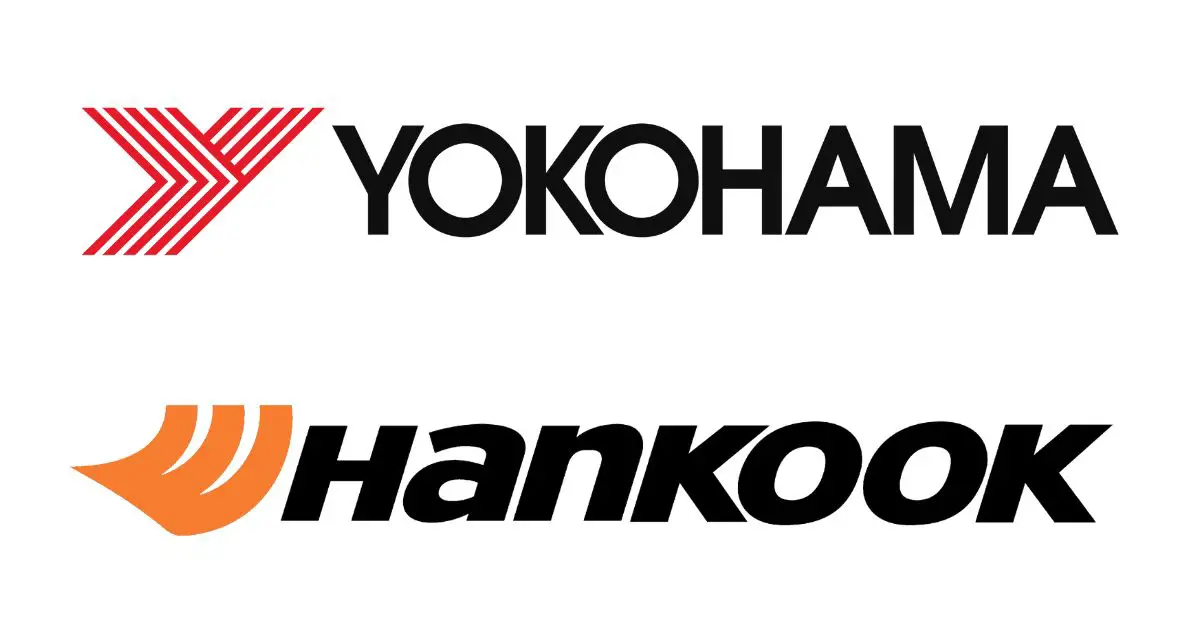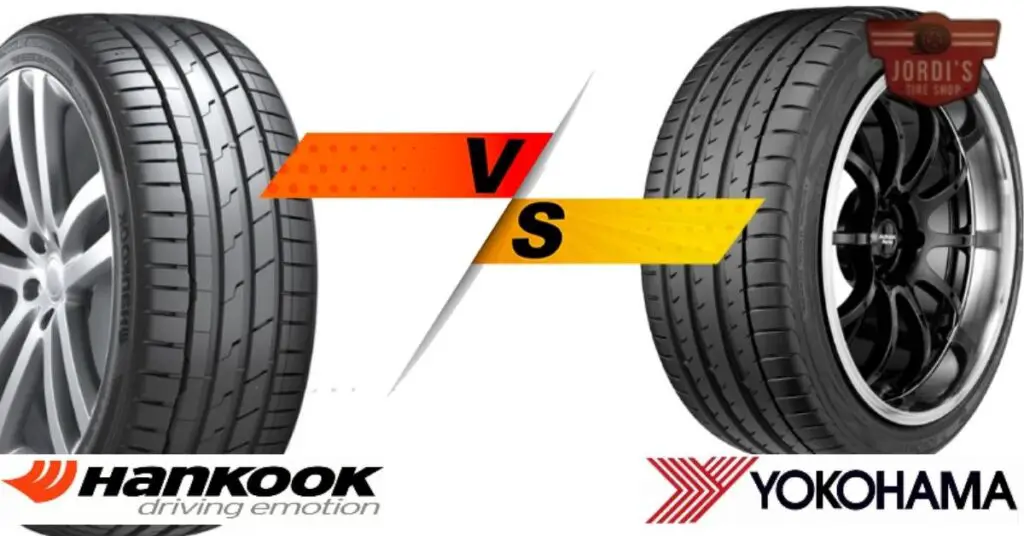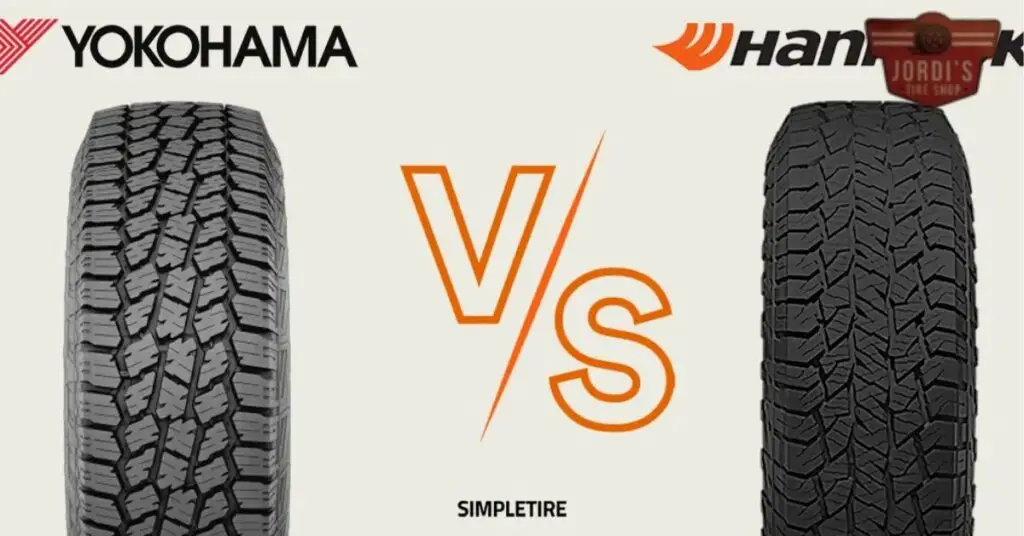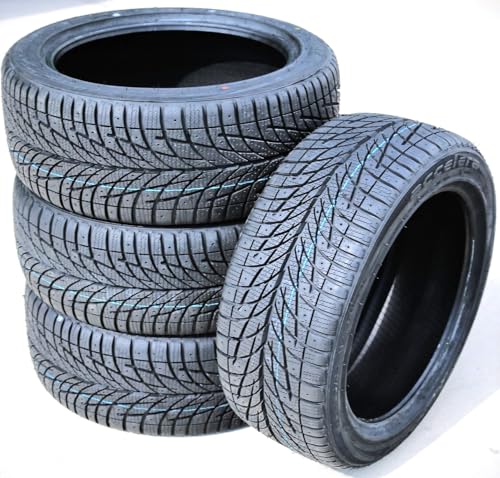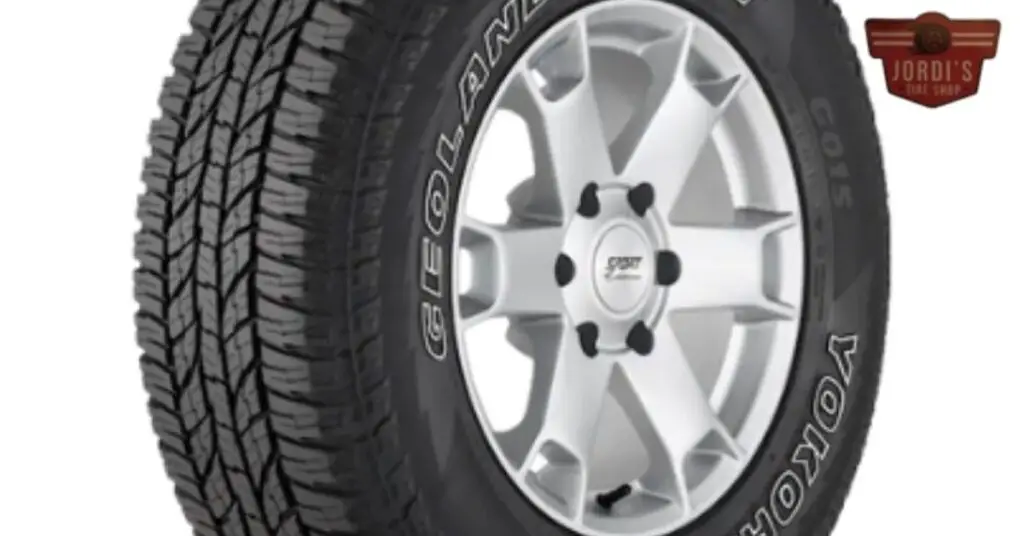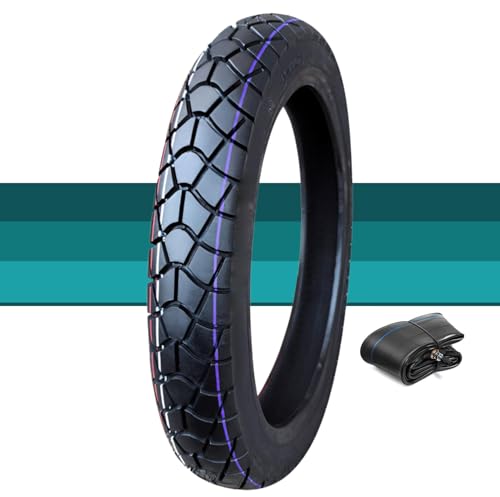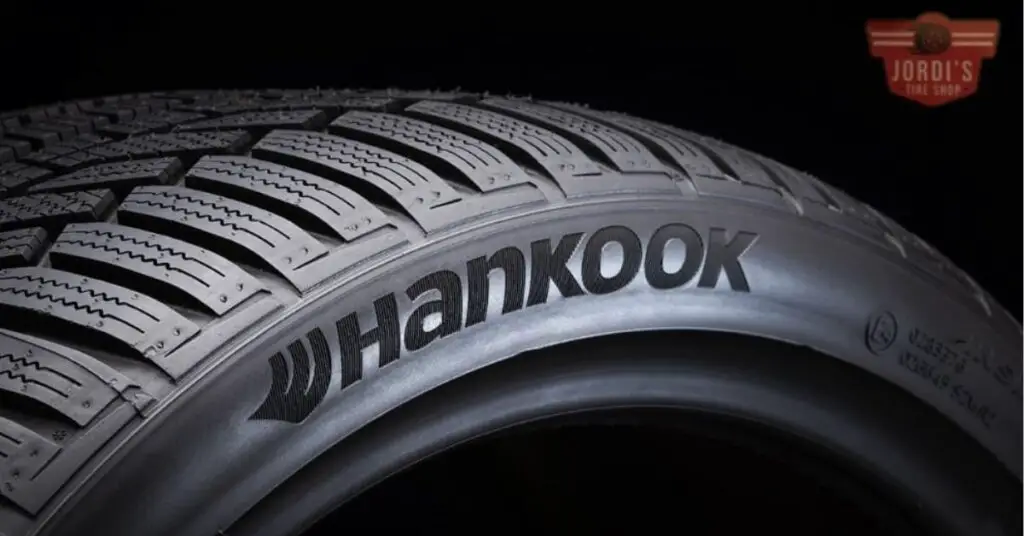Choosing the right tires for your vehicle can feel like a daunting task with so many brands vying for your attention. Among the top contenders, Yokohama and Hankook have established themselves as reliable choices for drivers worldwide. But how do you decide which brand suits your needs best?
Yokohama tires are renowned for their advanced technology and superior performance, especially in high-speed and high-performance scenarios. On the other hand, Hankook offers a blend of affordability and quality, making them a popular choice for everyday drivers. In this article, you’ll dive into a detailed comparison of Yokohama and Hankook tires, helping you make an informed decision for your next tire purchase.
Yokohama vs Hankook Tires: Overview
Examining Yokohama and Hankook tires reveals key distinctions. Yokohama, established in 1917, has earned a reputation for innovation, particularly in high-performance and motorsport tires. Yokohama products, such as the ADVAN series, excel in delivering superior grip and handling. They’re ideal for high-speed stability.
Conversely, Hankook, founded in 1941, focuses on affordability without sacrificing quality. Known for its Ventus and Kinergy series, Hankook tires offer reliable performance and comfort. They’re a favored choice for everyday drivers seeking a balance between cost and efficiency.
Comparing these brands highlights specific differences in performance, durability, and target market. Yokohama serves performance enthusiasts, while Hankook appeals to budget-conscious consumers looking for dependable all-season tires.
Features Comparison
Comparing Yokohama and Hankook tires reveals differences in tread design, tire longevity, and price.
Tread Design
Yokohama tires incorporate advanced tread patterns, optimizing grip and stability for high-speed conditions. Notable examples like the ADVAN series provide aggressive, asymmetrical designs suitable for performance vehicles. Hankook tires, on the other hand, focus on multi-purpose tread designs for various conditions. The Ventus and Kinergy series feature symmetrical tread patterns that enhance all-season performance and traction.
Tire Longevity
Yokohama tires generally offer a moderate lifespan, excelling in performance rather than longevity. Typically, these tires provide high grip levels but wear faster under aggressive use. Conversely, Hankook tires prioritize durability and tend to have longer tread life. The Kinergy series, for example, ensures sustained performance over extended periods, making them suitable for daily commuting and long-distance travel.
Price Comparison
Yokohama tires are priced higher, reflecting their high-performance capabilities and advanced technology. For example, the ADVAN series targets performance enthusiasts willing to invest more for superior quality. Hankook tires, however, offer competitive pricing with a balance of quality and affordability. The Ventus and Kinergy series are cost-effective options, appealing to budget-conscious drivers without compromising reliability.
Performance in Different Conditions
Yokohama and Hankook tires deliver distinct performance attributes across various conditions. This section covers their handling in wet conditions and performance in snow.
Handling in Wet Conditions
Yokohama tires excel in wet conditions with their advanced rubber compounds and unique tread designs. For example, the Yokohama BluEarth series features nano-blend rubber that enhances grip on wet surfaces, reducing the risk of hydroplaning and providing better braking performance. The intricate tread pattern also channels water away efficiently.
Hankook tires, like the Ventus and Kinergy series, provide reliable wet traction with their all-season versatility. These tires use a high-grip silica compound to maintain traction, though they might not match the specialized wet performance of Yokohama. Their wide lateral grooves improve water evacuation, offering stable handling during rainfall.
Performance in Snow
Yokohama tires, particularly the iceGUARD series, are designed for snowy conditions. These tires feature micro-dimple sipes and multi-layer tread compounds that maintain flexibility in freezing temperatures. This design allows for enhanced grip on snow and ice, giving you safer handling and shorter stopping distances.
Hankook offers the Winter i*cept series for snow performance. This series utilizes a directional tread pattern optimized for biting into snow, ensuring better traction and stability. Their high-density sipes improve braking and cornering on snowy roads. However, for deep snow and extreme winter conditions, Yokohama’s iceGUARD series might offer superior performance.
Customer Reviews and Feedback
Customers often praise Yokohama tires for their exceptional handling and performance. Reviews frequently mention the ADVAN series for its superior grip at high speeds. Users report that these tires enhance driving confidence, particularly in aggressive driving conditions. Some feedback highlights the faster wear rate but acknowledges it as a trade-off for high performance.
Hankook tires, on the other hand, receive commendations for their balance between quality and affordability. The Ventus and Kinergy series are often noted for their dependable traction and comfort. Users appreciate the longevity of Hankook tires with many stating that they provide excellent value for money. Reviews of the Winter i*cept series highlight effective snow performance, satisfying drivers in colder climates.
Comparatively, Yokohama users often emphasize high-speed performance and handling while acknowledging the cost and wear rate. Hankook users typically highlight affordability and durability, appreciating reliable traction across various conditions.
Conclusion
Choosing between Yokohama and Hankook tires boils down to your specific driving needs and preferences. If you prioritize high-speed performance and exceptional handling, Yokohama’s offerings, particularly the ADVAN series, are hard to beat. However, if you’re looking for a balanced option that combines quality, affordability, and durability, Hankook’s Ventus and Kinergy series are excellent choices.
Both brands excel in different conditions, with Yokohama leading in wet traction and high-speed grip, while Hankook shines in overall value and longevity. Customer feedback highlights these strengths, helping you make an informed decision based on your driving style and budget.
Related Posts:
- Yokohama vs Hankook Tires: Performance, Durability, and Pricing Compared
- Yokohama vs Goodyear Tires: Performance, Durability, and Eco-Friendliness Compared
- Yokohama vs Bridgestone: Which All-Terrain Tire Reigns Supreme?
- Nitto vs Michelin Tires: Which Brand is Best for Your Driving Needs?
- Falken vs Michelin Tires: Which Brand Offers Better Performance and Value for Money?
- BFGoodrich vs Michelin: Which Tire Brand is Best for Your Vehicle?
- Goodyear vs Michelin: Which Tire Brand is Best for Your Vehicle?
- Michelin vs Pirelli Tires: Which Brand is Best for Your Car?
- Firestone vs Michelin Tires: A Detailed Comparison of Performance and Value
- Toyo vs Michelin Tires: Which Brand Offers the Best Performance and Value?
- Hankook vs Michelin Tires: Which Brand Offers the Best Performance and Value?
- Goodyear vs Bridgestone Tires: In-Depth Comparison of Performance, Durability, and Customer Reviews
- Continental vs Pirelli Tires: A Comprehensive Comparison of Performance and Value
- Continental vs Bridgestone Tires: Which Brand Offers Better Performance and Durability?

